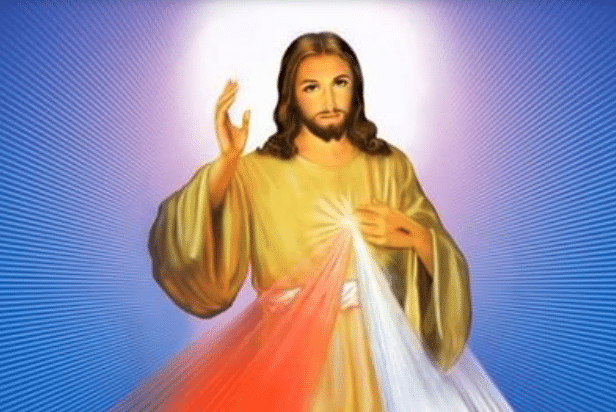Jesus Christ: Redeemer of nations, redeemer of the pagan

Image from Jesus Christ Our Savior / X
The Holy Father Pope Francis speaks often about the peripheries (EG 20). The concept of the peripheries and the Church’s mission to them, however, is nothing new. In fact, it is very, very ancient.
The term “pagan” literally comes from the Latin word for the ‘periphery’ – pagus. It also signifies a very similar concept to nation and country, except that the ‘nation’ also involves concepts of generation and birth.
A pagan religion either consists of the worship of a monotheistic God or the veneration of a certain daimon (a Greek term for a guiding spirit), or an honorable man. God and His Church does not destroy these forms of cultus, but it redeems them from the clutches of falsehood and the Devil.
God reveals Himself supernaturally to Man as the Holy Trinity, he redeems man’s natural knowledge of the monotheistic God and elevates it to the life of grace. He banishes wrong beliefs about Himself through the fullness of Revelation in His Son, Jesus Christ.
You may like: Pope Francis: ‘All religions are paths to God’
He casts out demons from the nations, but gives them good angels as patrons and guardians. In doing so, He shows that the veneration of tutelary spirits is legitimate, but the concrete object of pagan worship (the particular demon) is not, along with the superstitious belief associated with each cultus.
Finally, He showed us that it is legitimate to venerate men of supernaturally heroic virtue, and as an exemplar, He honored Mary – a mere creature – with the fullness of grace: an immaculate conception, a sinless life, an assumption into Heaven with both body and soul. The saints too, all those in Heaven, He has brought into the participation of God himself. “God became man so that man may become God” – S. Athanasius.
This is the Theology of the Nation: God does not destroy fallen nature, but redeems and elevates it. When God revealed Himself in nature, the nations gradually lost their way – but what they retained in their various cults can tell us about God’s plan to be in a loving relationship with man.
The cultures of the nations, even if pagan in origin, are converted and maintain whatever is good about them, being incorporated into the Catholic Church of Jesus Christ. The nations are not only restored to the natural perfection that they would have had save for sin, but are elevated into a supernatural goodness through the merits of Jesus Christ.
And then the nations, healed and ennobled by Grace, worship Christ in their own distinctive, national way. They retain their peripheral nature and give it to Christ as an offering (GS 13). This serves as calling for all Catholic Christians to go into the world and spread the Gospel.
Daniel Tyler Chua is a writer taking up a 6-year integrated Master’s program in the University of Asia and the Pacific. He is the founder and president of the Collegium Perulae Orientis, an academic society founded on Catholic principles.

